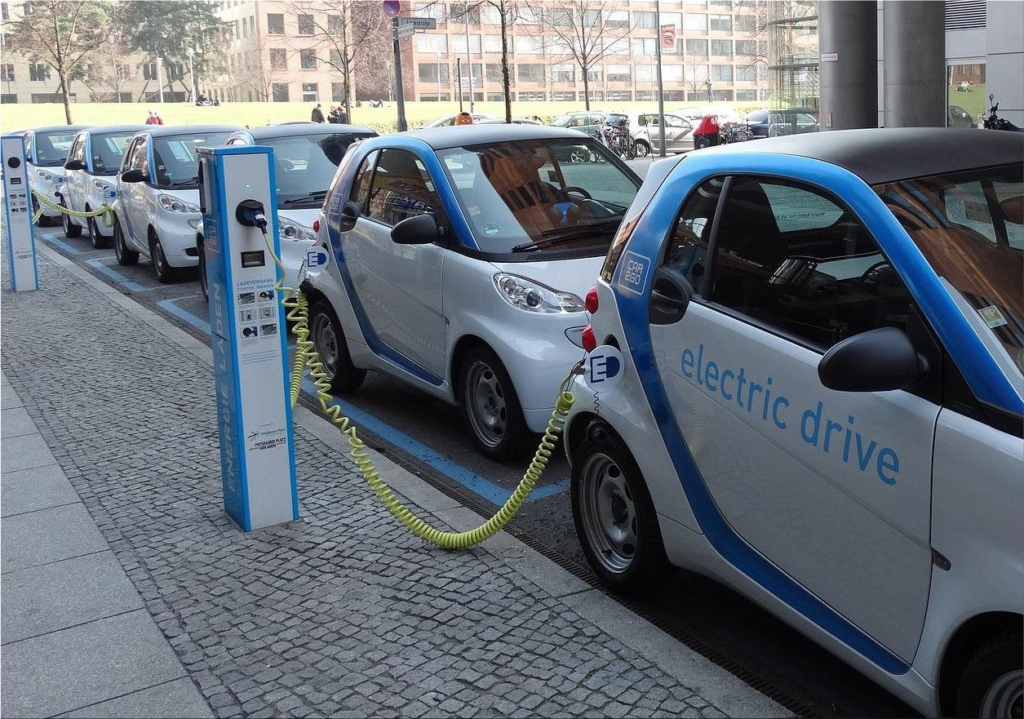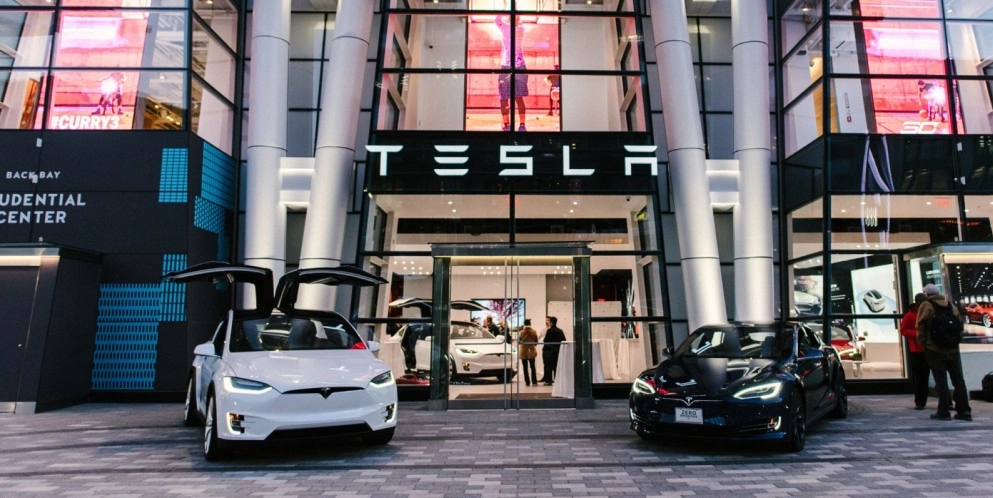The objective set by the German federal government dictates that by 2030, at least 15 million fully electric vehicles (EVs) should be on the country’s roads.
Currently, this number hovers around one million.
According to a report published by the International Council on Clean Transportation (ICCT), there is a disparity in private registrations between the northern, western, and southern regions compared to the eastern ones.
In this regard, the five locations with the highest proportions of EVs in new registrations are located in the northern, western, and southern parts of the country.
Not only that, but there are also differences between urban, suburban, and rural areas.
None of the five regions with the highest proportions of private registrations is classified as urban.
On the contrary, one is considered suburban, and four are classified as rural.
This issue is closely linked to the costs of electric cars compared to combustion cars.
Taking into account factors such as subsidies, zero and low-emission vehicles are significantly more economical.
However, in the absence of financial assistance, electric vehicles are currently less accessible.
Therefore, it is necessary for administrations to develop and implement measures that increase equity in this transition, encompassing a broader population.
Since September, only those using eCars exclusively for private purposes can apply for the environmental bonus in Germany.
This means that commercial purchases, leasing, or leasing for employees are no longer eligible, and businesses will no longer receive the subsidy.
It was initially anticipated that the federal government would gradually phase out its benefits for EVs by 2024.
However, this measure now also affects private buyers and is taking place much earlier than expected.
Government funding for the purchase of electric cars expired last Sunday.
“Ending the ‘Umweltbonus’ now is not an easy decision,” said a spokesperson for the ministry led by the Green Party, as reported by Der Spiegel.
The suspension of the financing program is a direct consequence of the Federal Constitutional Court’s ruling and subsequent budget consolidation.
This short-term expiration became necessary because, as detailed, there is no longer enough money available to consider applications received after Sunday.
Meanwhile, all vacant funds for the 2023 budget year have already been depleted.
Therefore, the €209 million still reserved for 2024 “will only be sufficient if the financing expires immediately.”
Furthermore, the report highlights that Germany has various incentive instruments aiming, among other things, to reduce the purchase costs of a new vehicle or expand public, semi-public, and private infrastructure.
However, incentives are often not specifically targeted at marginalized groups.
On the contrary, they “are rather intended for those considered innovative or early adopters, who generally have the financial resources to buy a new car.”
They argue that measures should help not only people in higher-income groups, especially considering that, in early 2023, the Ministry of Economy reduced incentives for the purchase of EVs and completely eliminated subsidies for plug-in hybrids.
This means that those purchasing an eCar priced below €40,000 would receive a subsidy of €4,500, which will be reduced to €3,000 in 2024.
For units priced above €40,000, the subsidy would be €3,500.
The benefit does not apply to those with a price exceeding €65,000, with a cap of €45,000 the following year.
The study asserts that, so far, “mainly higher-income groups have benefited from these measures.”
“A look abroad shows some interesting examples of policy measures that could make the transition to EVs in Germany more socially fair,” they add.
What about charging infrastructure for eVehicles?
To democratize electric and sustainable mobility, it is not only necessary to promote access to electric vehicles but also essential to deploy a sufficient network of public charging points to meet the upcoming demand.

Currently, there are 91,149 chargers, while the goal for 2030 is one million.
Despite being one of the European leaders in this regard, it would be necessary to triple the pace of expansion to achieve the goal.
It is also crucial to distribute them evenly, as approximately half of all communities still lack any charging station.
In this context, vehicle costs and access to charging infrastructure play an essential role in making eMobility accessible to the entire population, including marginalized groups.








